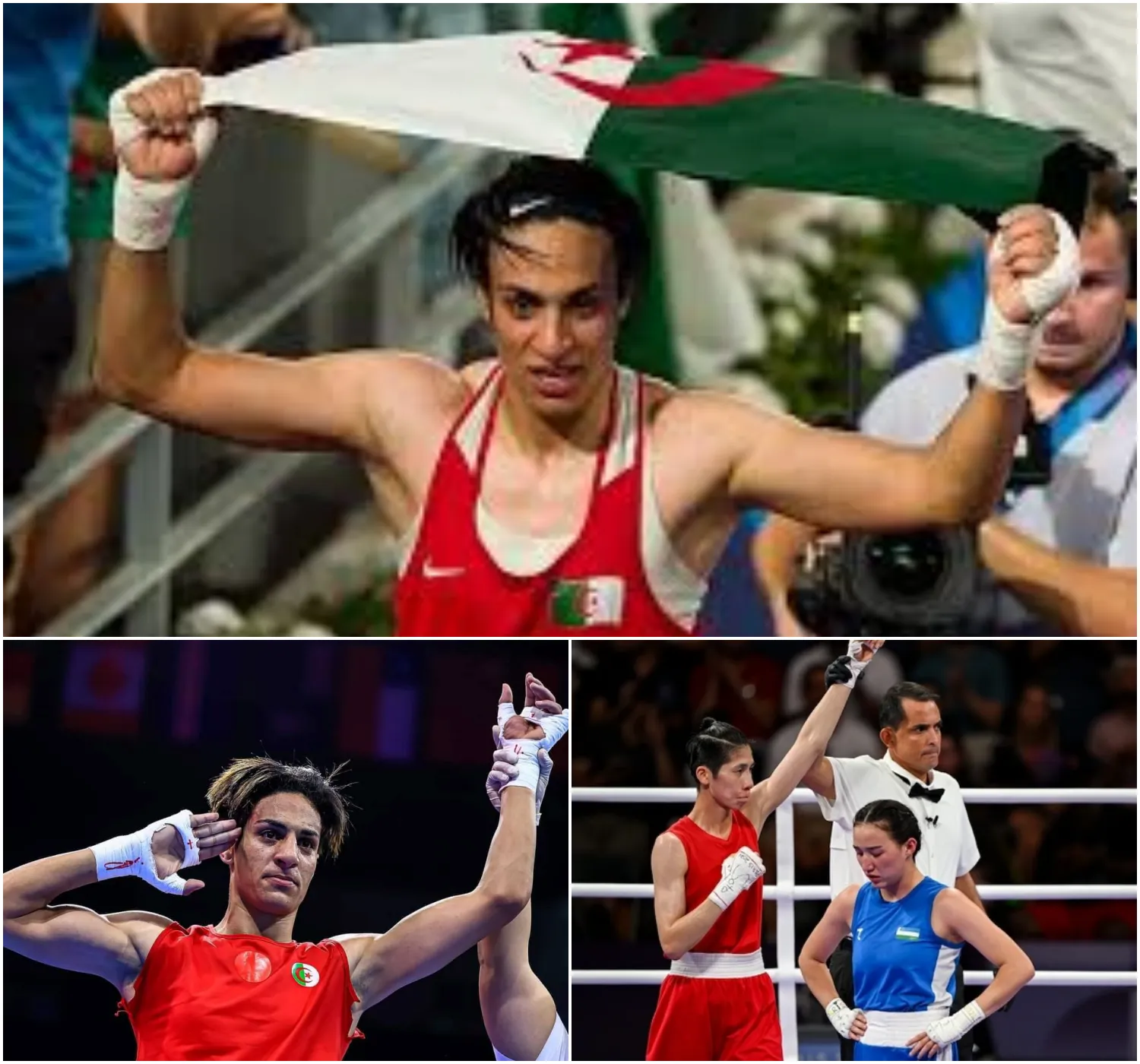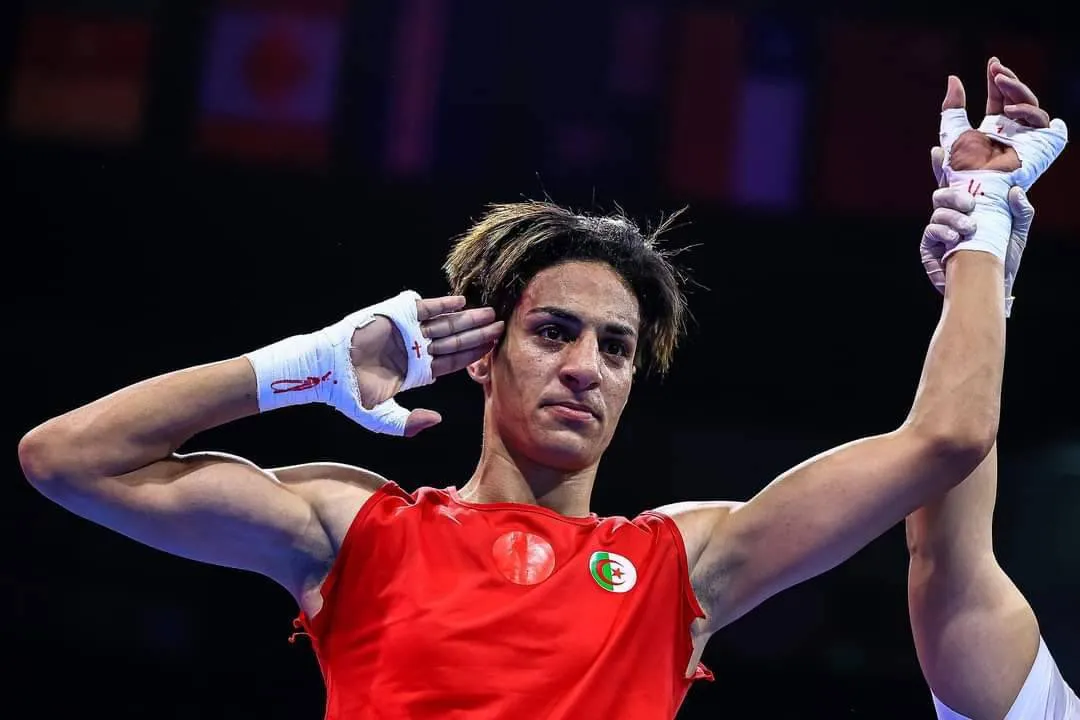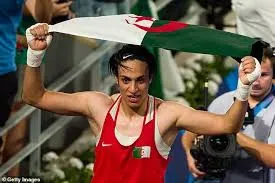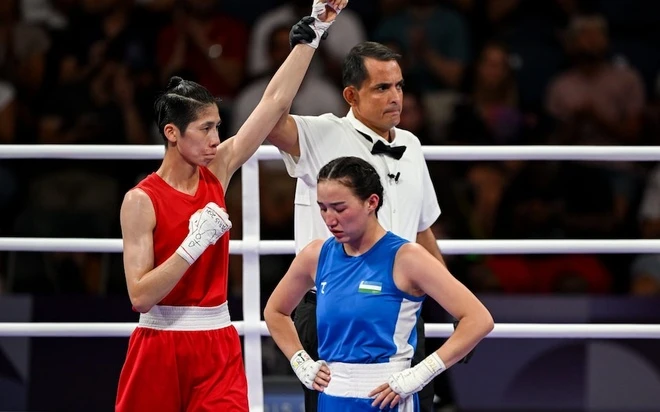In recent years, the global stage of boxing has seen the emergence of Japan and Algeria as rising contenders. Both nations are expanding their influence in the sport, producing top-tier athletes and making their mark in international competitions. However, this growth comes against the backdrop of a persistent gender conflict in the world of boxing, where female athletes often face unique challenges compared to their male counterparts.

Japan’s Boxing Evolution and Gender Dynamics
Japan has a rich history in combat sports, particularly in martial arts like karate, judo, and sumo wrestling. However, professional boxing has historically been dominated by men. For decades, Japan’s boxing scene was primarily known for its male fighters, who gained international recognition. However, in recent years, the country has made significant strides in promoting women’s boxing. Female athletes like Miyo Yoshida, who became a WBO world champion, and Naoko Fujioka, a multi-division world champion, have paved the way for other women to pursue the sport at the highest levels.

Despite the progress, gender inequality persists within Japan’s boxing community. Female fighters still struggle with fewer opportunities, less financial support, and limited media exposure compared to their male counterparts. Additionally, societal expectations in Japan, which often emphasize traditional gender roles, present further obstacles for women seeking to excel in what is traditionally seen as a “male” sport.

The Japan Boxing Commission (JBC) has been slow to fully embrace female boxing. The organization only officially recognized women’s boxing in 2008, years after the sport had gained traction globally. This delay highlights the cultural and institutional barriers female boxers face. However, the JBC has taken steps in recent years to close the gap, introducing more categories for women and supporting amateur boxing tournaments. But these efforts remain a work in progress, and female athletes continue to call for better pay, equal representation, and more significant investment in women’s boxing.

Algeria’s Boxing Renaissance and the Fight for Gender Equality
On the other side of the world, Algeria has also been making waves in boxing, both in men’s and women’s divisions. The country’s boxing history dates back to the colonial era, with Algerian boxers achieving success on the international stage after independence in 1962. Male boxers have been celebrated as national heroes, but the same cannot be said for their female counterparts.
The rise of female boxers in Algeria, particularly Imane Khelif, a prominent international athlete, has been a breakthrough moment for the country. Khelif’s achievements have inspired many young women across Algeria to take up boxing, challenging traditional gender norms in a society where sports, especially combat sports, are often male-dominated. Her success in international competitions and her determination to keep pushing boundaries have made her a symbol of hope for aspiring female athletes.
However, much like Japan, Algeria’s boxing scene is rife with challenges for women. Gender inequality in sports remains deeply ingrained, with women facing discrimination, insufficient funding, and lack of proper facilities. In conservative regions of Algeria, female boxers must contend with cultural stigmas and social resistance, as many people still view boxing as inappropriate for women. The pressure to conform to societal expectations and the lack of governmental support can deter many young women from pursuing their dreams in boxing.
Imane Khelif’s journey reflects these struggles. Despite her international success, she has spoken out against the lack of infrastructure and support for female athletes in Algeria. She has also been vocal about the need for systemic changes to allow women to compete on equal footing with men, advocating for more investment in women’s sports programs and better recognition of female boxers’ achievements.
Gender Conflict in Global Boxing
The struggles faced by female boxers in Japan and Algeria are part of a broader global gender conflict in the sport. Across the world, female athletes often have to fight harder for recognition, resources, and opportunities. While men’s boxing has long been a lucrative and highly visible sport, women’s boxing has only recently gained mainstream attention, particularly after being included in the Olympics in 2012.
The pay gap between male and female boxers is glaring. Male boxers like Floyd Mayweather and Manny Pacquiao have earned hundreds of millions of dollars in their careers, while top female fighters like Claressa Shields and Katie Taylor still struggle to secure paydays that come close to their male counterparts. Even at the amateur level, female boxers often face limited opportunities to compete and are frequently sidelined in favor of male athletes.
In addition to financial disparities, female boxers are often subjected to gender-based discrimination, with promoters and sponsors showing less interest in women’s matches. Media coverage also tends to prioritize male boxing, further marginalizing female fighters. This lack of visibility makes it harder for female athletes to build their brands and attract sponsorship deals, which are crucial for funding their training and career development.
Looking Forward: The Future of Boxing in Japan and Algeria
Despite the challenges, both Japan and Algeria are making progress in addressing the gender conflict in boxing. In Japan, there is growing recognition of the need to support women’s sports, with younger generations pushing for more inclusive and equitable opportunities. The success of female athletes in other sports, like tennis star Naomi Osaka and wrestler Risako Kawai, has set a precedent for what is possible when female athletes are given the support and resources they need to succeed.
In Algeria, the emergence of athletes like Imane Khelif signals a new era for women’s sports in the country. Her continued advocacy for gender equality in boxing has drawn international attention, and there is hope that her efforts will lead to long-term changes in how female athletes are treated and supported.
Ultimately, the future of boxing in Japan and Algeria will depend on the willingness of sports organizations, governments, and society at large to confront the deep-rooted gender biases that exist within the sport. Both nations have the potential to become leaders in promoting gender equality in boxing, but this will require sustained effort, investment, and a cultural shift in how female athletes are perceived and valued.
As Japan and Algeria enter the world boxing stage amid gender conflict, the stories of their female fighters reflect the broader struggles of women in sports worldwide. Their journeys remind us that while progress has been made, there is still much work to be done to ensure that all athletes, regardless of gender, have the opportunity to succeed.
Leave a Reply